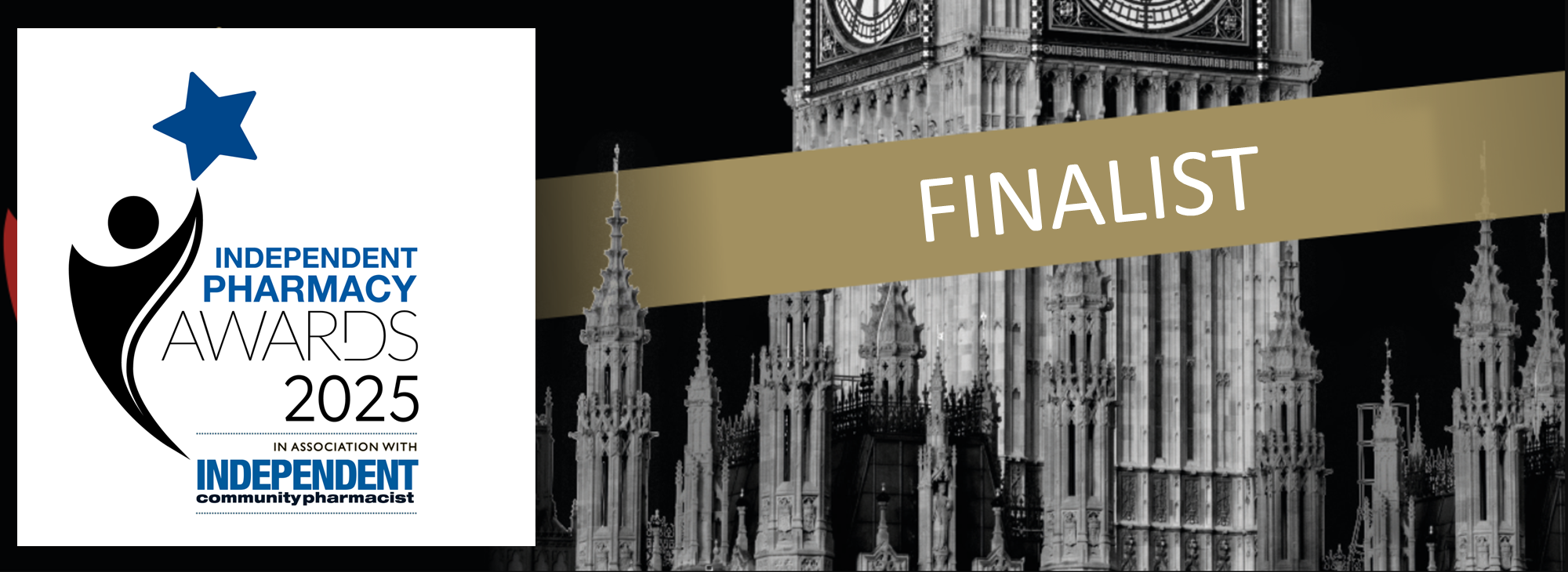Medicines and Prescriptions
The limited use of standardised preferred medicinal products across Greater Manchester
NHS Greater Manchester has issued a limited list of preferred medicinal products to be used in all of its localities.
This limited list has been developed to minimise disruption to patients, pharmacies and GP practices whilst reducing costs in the prescribing of medicines. The medicines chosen are all equivalent to other products and there will be no detriment to patient care by the use of these products.
The list also includes a limited range of products that should be prescribed generically.
- Greater Manchester Preferred Products Active Product Ingredient List – March 2025
- Greater Manchester Preferred Products List – March 25
- NHS GM: Preferred Products Letter – March 25
CPGM Guide: Supporting Patients with Reasonable Adjustments
To help you to support patients through Reasonable Adjustments, we’ve produced a short step-by-step document.
CPGM Guide: Supporting Patients with Reasonable Adjustments – View and download
MDS and assisted medicines Guidance
“An Interactive Guide to What good looks like for assisted medicines taking” has produced (June 2022) by a multi sector working group within the North West. The aim of the document is to provide best practice guidance for assessing and providing aids to support medicines taking. It is intended to help staff working within health and social care sectors who may be involved in supporting individuals to take their medicines safely.
The pdf version of the document can be found here An Interactive Guide to What good looks like for assisted medicines taking
We have included a short video below which introduces the document, how and why we did it and how to navigate the document. We have also included some examples from a patient and Pharmacist of when medicines support has gone well.
Link to video: An Interactive Guide to What good looks like for assisted medicines taking introduction
Further guidance on the Equality Act and CPE guidance is available here : The Equality Act (2010)
CPE: EPS token Factsheet: This has been published to help pharmacy teams familiarise themselves with Electronic Prescription Service (EPS) token submission requirements.
CPE: Manufacturer Contingency Arrangements – To address common queries received recently, CPE have published a webpage summarising current arrangements.
CPGM Briefing: Focus on Private Prescriptions – What to Check, Question, and Challenge
Following a number of recent issues and concerns raised around private prescriptions, we’ve produced a helpful 2-page briefing.
Our document includes a range of top tips to help keep patients safe and protect your pharmacy from dispensing errors, fraud, or legal issues.
CPGM: Focus on Private Prescriptions – click to view
RCP: Managing multiple medications toolkit
The Royal College of Physicians have launched an improvement toolkit for acute care on Managing Multiple Medications. It aims to support clinicians caring for patients with multiple medications who are admitted to acute care. It outlines key presentations and complications of polypharmacy
View the toolkit: Acute care toolkit 17: Managing multiple medications | RCP London
MDS: Coroners Findings and Support Resources
A recent coroner’s report released has raised about the use of dosette boxes for prescription medicines. The report into the death of an 82-year old woman after accidentally taking medicine prescribed for her husband, identified that the use of “identical” dosette boxes was a contributing factor.
To help you deliver the service as safely as possible, a number of resources are available below.
Tax Credit exemption ending
After 5th April 2025, Tax Credit exemption certificates no longer entitle patients to free prescriptions. NHSBSA have produced a poster for patients.
Read more and download the poster



